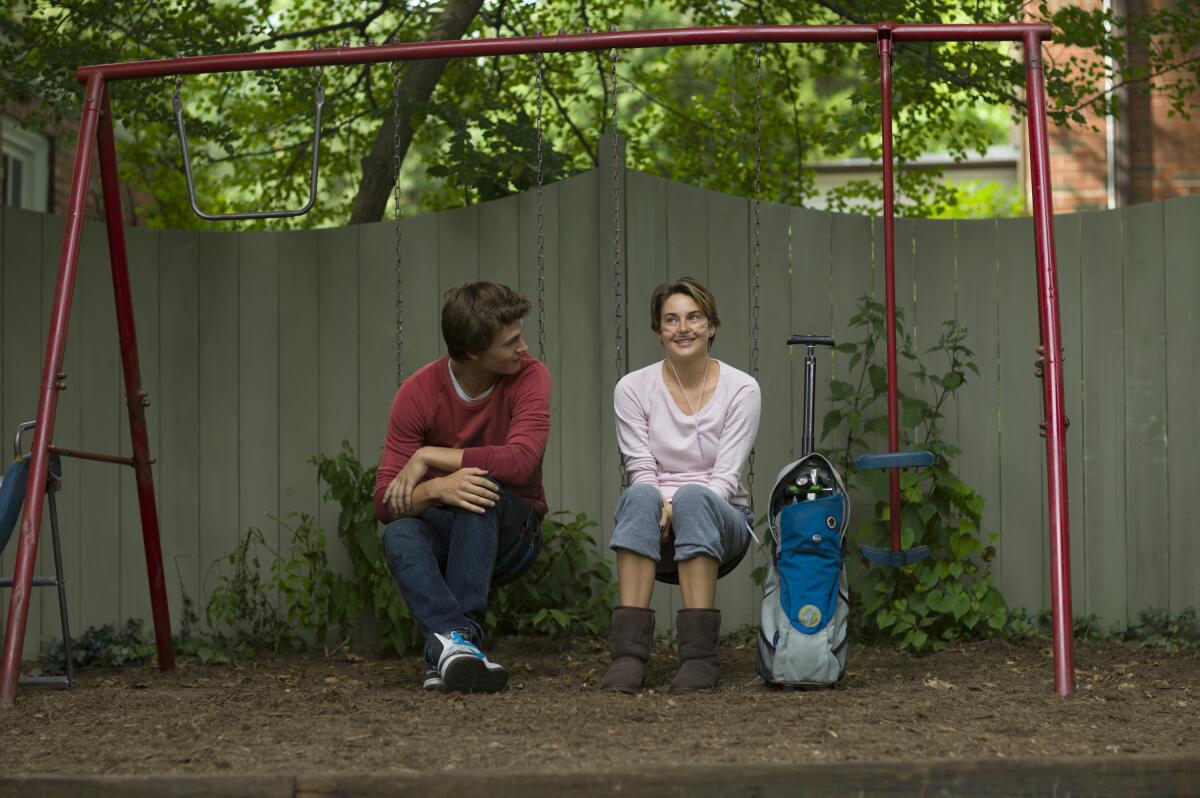Films featuring cancer stories can scare patients. A 10-year study hopes to help doctors better assuage fears.

While some cancer patients may have experience with the disease through friends or family members, others have gathered information about it only from what they’ve seen portrayed on film. Oncololgist Dr. David Benjamin at Hoag says it’s become commonplace for him to see patients putting additional stress on themselves because of inaccurate movie portrayals that lead them to believe they have a terminal condition.
Benjamin and co-authors Dr. Mark Lythgoe at Imperial College London and Dr. Arash Rezazadeh Kalebasty at UC Irvine last year reviewed a little over 100 films released between 2010 and 2020 to discern if there was an obvious disconnect between what was being portrayed in films versus what they saw in clinical settings. Their observations were collected into a study, though Benjamin described it as more of a “commentary” that was published on Jan. 16 by JCO Oncology Practice.
“As recently as last week, I had a patient tell me that they watched a movie and, in that movie, that a character was diagnosed with only a few weeks to live, but the type wasn’t specified and it created a lot of uncertainty,” Benjamin said. “The patient told me it created a lot of anxiety and stress when he’d first heard the diagnosis, and then thought about the film. That’s really what the impetus for this study was, which is very different research than we typically do, like with clinical trials.”
Benjamin noted the films the study team focused on were not documentaries.
“[The study] was to evaluate if what is being shown in movies is that accurate while acknowledging it’s entertainment,” he said. “It’s just to emphasize both, to someone who’s coming to clinic or to the doctor, that they should be aware that some may be influenced by prior portrayals of cancer in movies and their opinion may be skewed by the way cancer was depicted.
“From a patient standpoint, they should acknowledge they may have this bias to look to their physician for more updated and accurate knowledge.”
The three watched films that were specifically tagged as involving cancer on online database IMDb, with their study including films like “The Fault in Our Stars,” “50/50” and “Deadpool.” The team looked at what cancers were diagnosed in those movies and what treatments were offered. Benjamin said they noted that about 65% of patients were depicted as having incurable cancers, but that doesn’t pan out.
“There’s not big statistics out there; but in our own experiences, there’s a lot of men and women who have early stage cancers that can be treated before they ever even see a medical oncologist,” he said. “When we were writing this article, we wanted to contrast it with real world data. Cancer’s changed a lot over the last decade.
“With new treatments, there are individuals living longer now who, even a decade ago, wouldn’t have been able to get a treatment that wasn’t approved or available. There’s data from a lot of sources that the proportion of cancer survivors is going up in our country.”
The National Cancer Institute reports that survivorship has been on the incline since the 1990s, and Benjamin noted new treatments like immunotherapy aren’t being acknowledged as viable options for patients in many films.
He noted that few , if any, of the films studied were egregiously off the mark but several lacked specificity.
“Because there’s a lot of ambiguity in films, like with the type of cancer, whether it’s curable or the types of treatments, that … ambiguity or a lack of clarity or a clear plan causes a lot of anxiety and stress. They may depict cancer as this ambiguous disease, but really it’s complicated,” Benjamin said. “Each type of cancer is complicated from how it’s treated, to the stage that dictates how curable it is and the many types of new treatments out there that may be able to help.”
Benjamin said that the commentary is intended not to harshly criticize inaccurate portrayals in film but to call for medical professionals to act as consultants and allow practicing doctors to unravel the misconceptions around what are often the scariest moments of people’s lives.
All the latest on Orange County from Orange County.
Get our free TimesOC newsletter.
You may occasionally receive promotional content from the Daily Pilot.




